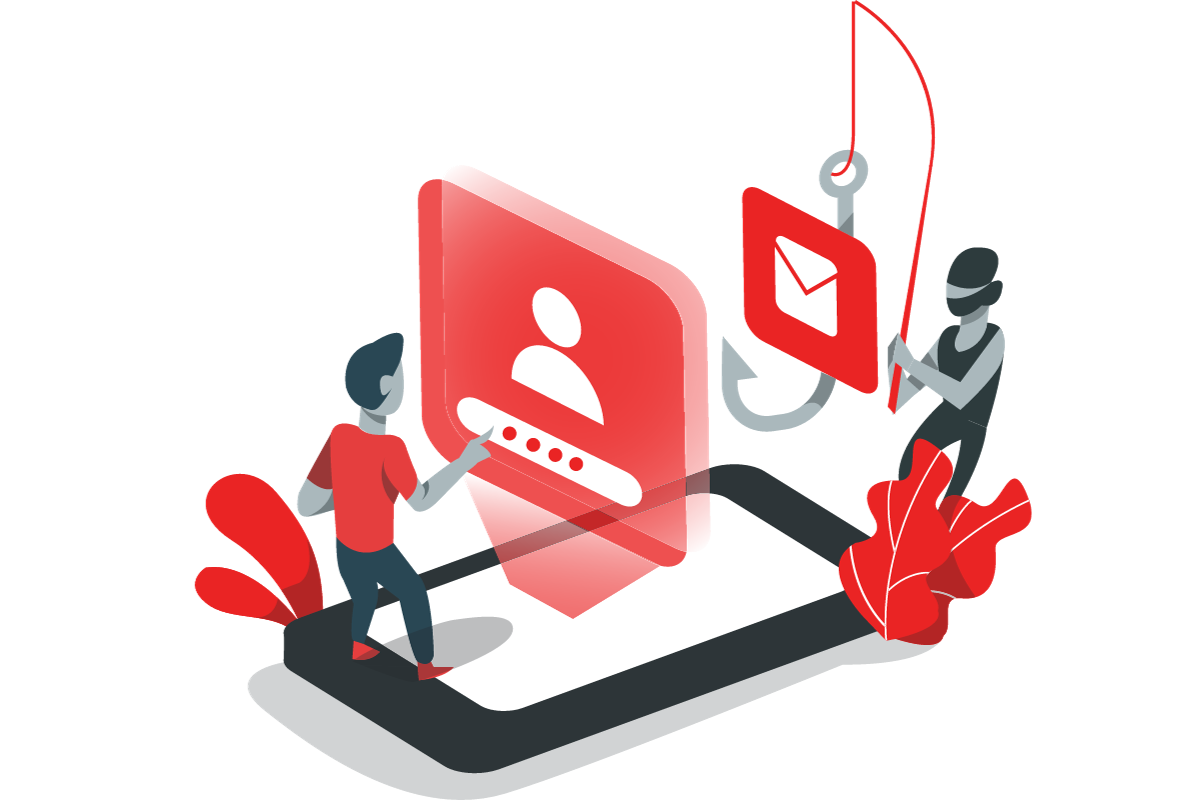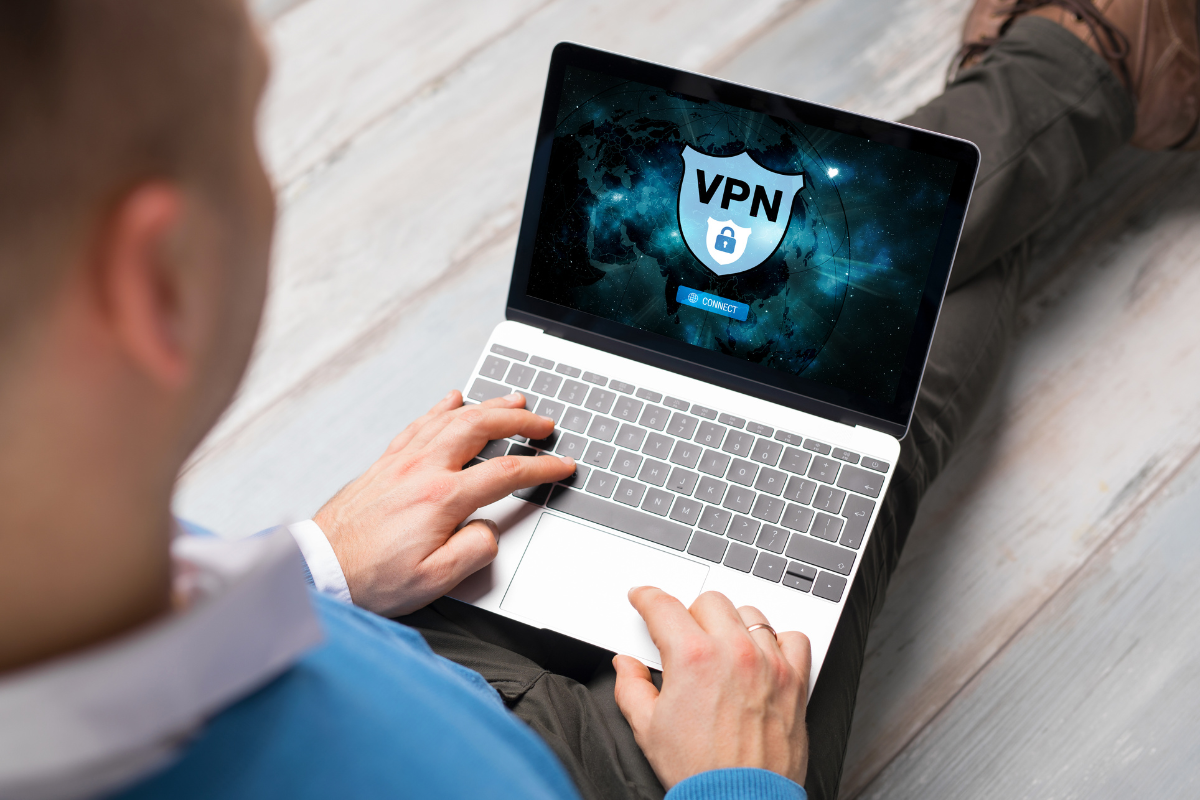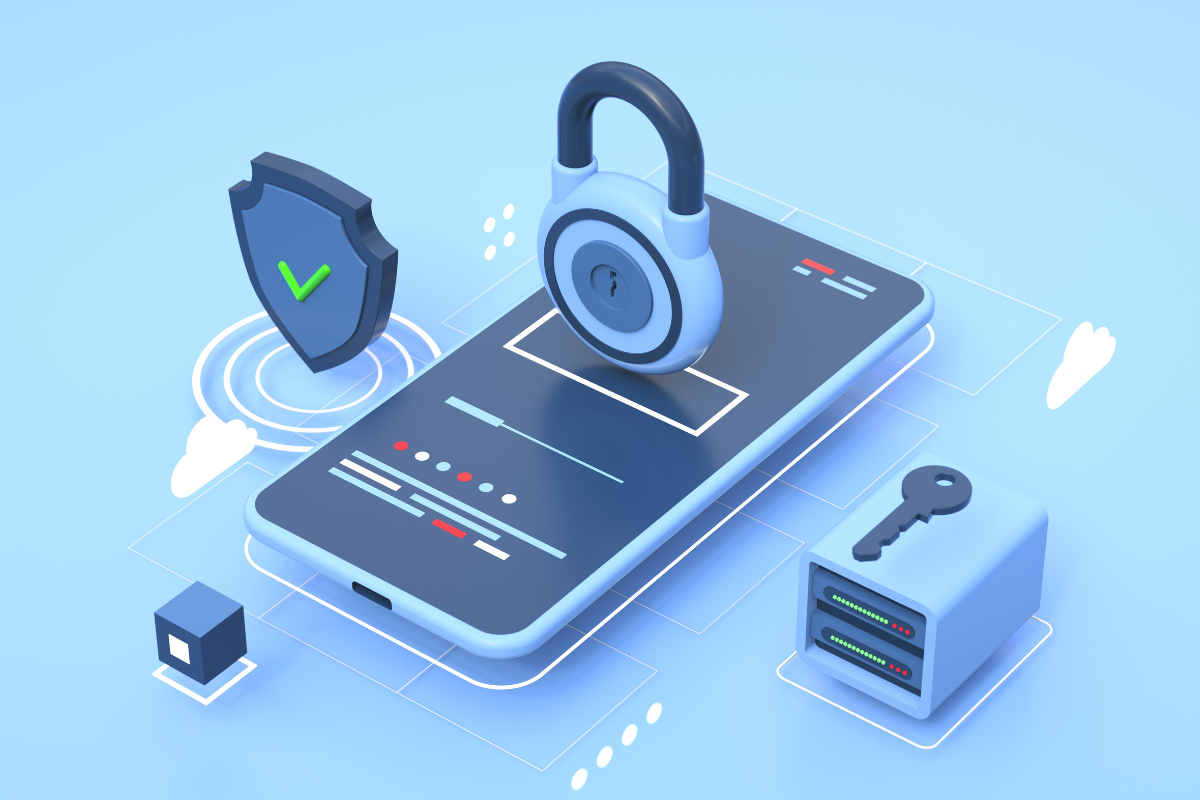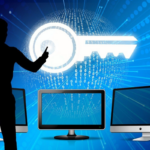Remote work has been the new normal ever since the COVID-19 pandemic. While it was taken as a precaution, businesses and employees realized the immense benefits Remote working offers.
Companies can save on overhead expenses by managing their employees and operations remotely, and employees can save on time and commuting by working from the comfort of their homes.
Remote working has also enabled employees to have a better work/life balance and spend more time with their families.
However, although remote working offers a lot of convenience, it also comes with drawbacks, the major being cybersecurity threats.
Cyberattacks can negatively affect businesses by affecting their reputation and compromising their sensitive and confidential data.
In this guide, we’ll explore the challenges of remote working and what steps you can take to enhance your security to ensure that the privacy and security of your data remain intact. So, if you’re ready, let’s get started.

Post Contents
Why Is Security Necessary When Working Remotely?
There are various reasons why security and privacy are necessary when you’re working remotely:
- Remote work often requires the transferring of confidential and sensitive company data. Security prevents unauthorized access to this data and also prevents data breaches.
- The internet is rampant with cyber threats, from Malware to phishing scams and ransomware. Since employees work remotely, they are more vulnerable to these threats, making them easy targets for these attacks, making robust security measures essential to protect the company’s and employee’s data.
- Remote work involves employees accessing the company’s systems and data from different locations and devices. Security measures help control who has access and what they can access.
- Remote work can result in data loss due to different factors like identity theft, damage, or getting accidentally deleted. Backup and other security measures are necessary to ensure that data loss doesn’t occur.
- Employees who are working remotely can be connected to different networks, including public WiFi, and this can be a security risk as the data you’re transmitting while using a public network can easily be intercepted if you aren’t taking the appropriate security measures for example, using a VPN (Virtual Private Network) when working on public WiFi.
How Are Businesses Negatively Impacted Through Data Breaches?
Cyberattacks and data breaches also have severe negative implications for businesses.
If employees aren’t properly educated and made aware of how easily companies can fall into cyberattacks, then little can be done to prevent it.
Cybercriminals often use Phishing scams to trick employees into revealing sensitive data by posing as someone they trust or a person of authority in that business.
Once employees know these Phishing scams and learn how to detect them early, these data breaches can be prevented.
Data breaches also damage the business’s reputation and make the customer lose trust in the company.
Since the customer’s trust is crucial in maintaining the business’s success, it can negatively impact the company’s revenues and profits in the long run.
To establish trust with customers and employees, companies must implement robust and adequate security measures to ensure both parties’ sensitive and confidential data remains safe and secure.
What Are The Unique Challenges Of Remote Working?
There are various challenges that individuals and companies alike encounter when working remotely. Here are the major ones:
1) Employees Becoming Victims Of Phishing Attacks
As we mentioned above, employees can quickly become prey to Phishing scams, especially if they’re entirely unaware of how to detect one in the first place.

Attackers can pose as the CEO or someone else in an authoritarian position and trick the employee into divulging sensitive information.
Other times, they trick the employee into clicking on a link in an email that looks legitimate. But once they click on the email, their device gets infected with Malware.
2) Man In The Middle Attacks
Data that gets intercepted between the employee and the company’s network can be sensitive and valuable, making it the perfect target for hackers.
Man In The Middle Attacks can be easier to implement, especially if employees are remotely working from any location and especially if they’re working in a public space with an unsecured network.
3) Technical Issues
If employees work remotely and face issues like poor internet connections, software glitches, or hardware issues, it can disrupt the workflow and cause frustration.
Since remote work relies heavily on technology, any disruption or problem can cause work to get delayed, and this can be a significant issue when the work is urgent and you have deadlines to meet.
An IT team isn’t readily available to help you resolve the technical issues, and if you’re not tech savvy, it can take time for you to get things back up and running again.
4) Increase in Stress & Burnout
Working from home not only adds to house responsibilities, but you have to focus on house chores at the same time.
It can lead to stress and burnout as employees must manage two things simultaneously.
Another issue with remote working is that employees must work longer hours since they’re home. It can also create stress, increase burnout, and negatively impact mental health.
What Steps Can Be Taken To Enhance Security While Working Remotely?
There are various security measures that you can implement to safeguard your data and maintain your privacy when you’re working remotely. Here are the most effective ones:
1) Use A VPN
A VPN can enhance your privacy and take it to the next level. It encrypts your traffic by routing it through a secure, encrypted tunnel.

It also conceals your IP address, making it difficult for malicious actors and third parties to intercept your sensitive data.
When working in a remote setting, using a Remote Access VPN is a good idea to ensure that sensitive company data does not get intercepted.
2) Strong Passwords and Enabling Two Factor Authentication
It would be best to use strong passwords for your online and company accounts. Passwords should not be simple and easy to guess since they can quickly be figured out by hackers, who know their way around them.
A strong password contains an uppercase and lowercase letter, special characters, and numbers, so make sure your passwords have those.
You should also enable Two Factor Authentication on all your accounts. Two-factor authentication is an added security layer that requires additional verification when accessing online accounts.
This means entering a one-time password (OTP), which gets sent to your phone number or email. It could also include biometric verification.
3) Provide Security Training Awareness Training To Employees
Employees in an organization should be adequately trained to gain awareness of the different security measures they can implement to protect their data and sensitive company data.
They should know how to spot Phishing scams and take measures timely to ensure that data isn’t compromised.
Wrapping Up
While remote working is now prevalent and has revolutionized how companies operate, how employees work, and the convenience they offer, it still comes with drawbacks.
Cyber threats are a significant cause of concern for companies. With the rise of data breaches and Phishing scams, we must all take personal responsibility to keep confidential and sensitive data safe and secure.
This guide outlines the most effective security measures companies and employees should implement to prevent confidential data and resources from getting into the wrong hands.






























